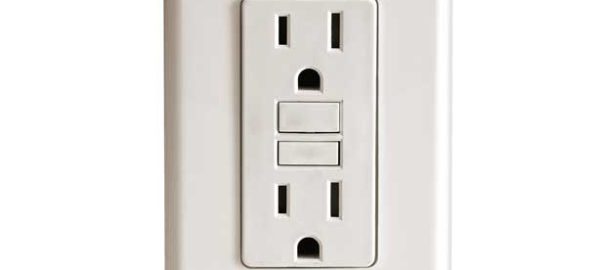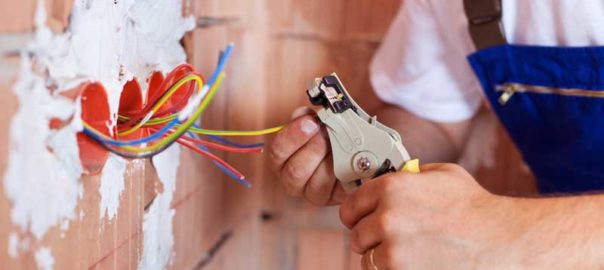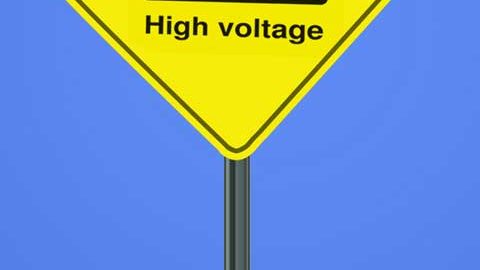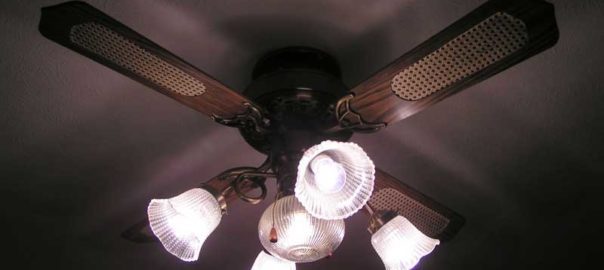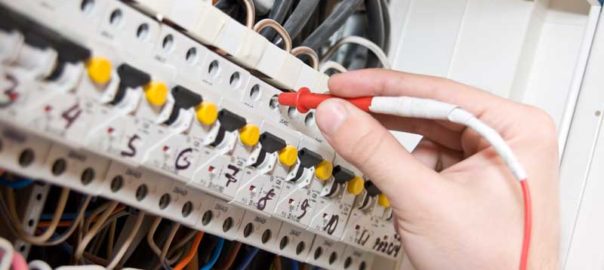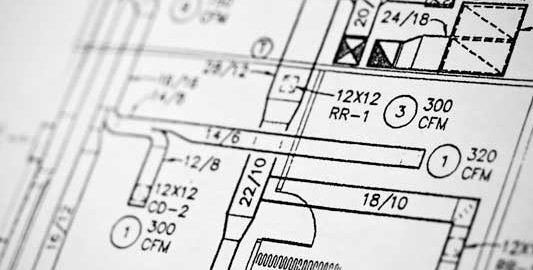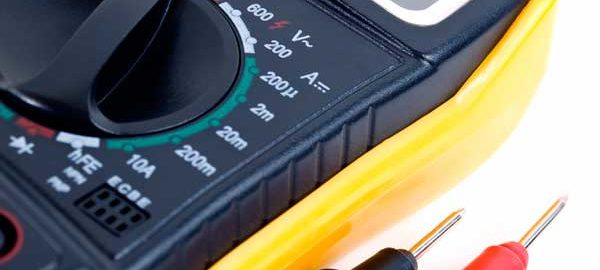Whether started by a faulty outlet or a forgotten skillet, cooking accounts for more home fires than any other single cause. Electricians cannot help with the cooking or watch the stove, but they can ensure that GFCI outlets are properly installed and functioning safely. Now required by most municipal codes, GFCI outlets in kitchens and bathrooms are critical to home safety.
AFCI circuit breakers may be advisable in older homes; these interrupt unseen arcs of electricity between degraded wires. Aluminum wiring is dangerous everywhere it exists, which is in most houses built between 1965 and ’75. Again, most municipalities require some type of electrical remedy, but homeowners often and regrettably wait until they want to sell it to protect the home.
Besides Watching the Skillet
Light bulbs that have a higher wattage than is recommended are definitely not bright ideas. They compromise not only the fixture but also the wiring around it, simply putting too much load on everything and degrading it all faster. For similar reasons, bringing new major appliances into the home should mean bringing an electrician in with them.
Nearly 50,000 reported house fires in 2010 were attributable to an electrical problem, be it a malfunction or a complete failure. Many more small electrical fires are put out by single-use fire extinguishers that belong in every home. It is great that they saved the home, but the electrician has to come out anyway to repair the damage done.
So much grief can be spared with a thorough inspection of the home’s electrical systems once a year. For the price of a service call, you can regularly put trained eyes on your outlets, wired connections, and circuit breakers. Ensuring the safety of your family from electrical shock and your home from the spark that starts a fire, regular electrical inspections are invaluable.
